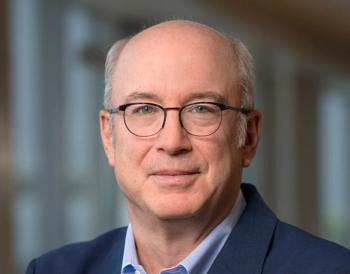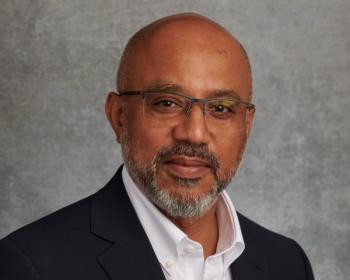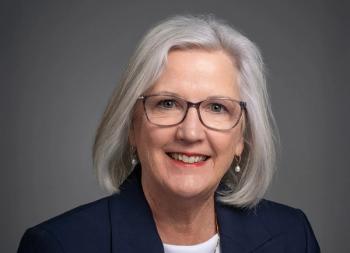
Doctors say most consultations will be remote in 10 years: Study
Elsevier Health partnered with Ipsos for its first ‘Clinician of the Future’ report. Healthcare professionals say they’re worried about increasing technology demands and a shortage of doctors and nurses.
The COVID-19 pandemic has accelerated rapid changes in medicine, and a new survey of thousands of doctors and nurses projects a very different healthcare industry in the coming years.
The report, produced by Elsevier Health in cooperation with Ipsos, outlines projections and concerns with the transformation of the healthcare industry.
Doctors said they are worried about the growing demands for aptitude with technology at the same time they acknowledge a greater need to show they are connecting with their patients.
While telehealth has surged since the pandemic began two years ago, most doctors and nurses say the digital transformation of healthcare is going to accelerate.
Nearly two out of three clinicians (63%) say they expect most consultations to be remote in 10 years. About half (49%) of the participants said the majority of healthcare will be provided in a patient’s home within a decade.
A slight majority (51%) said they worry that telehealth will hurt their ability to demonstrate empathy with their patients.
In addition, a majority of clinicians (56%) said they will be making a majority of clinical decisions using tools powered by artificial intelligence.
Clinicians say they recognize the value of technology as
But at the same time, 69% said digital health technologies will be a challenging burden. In fact, 69% said the volume of patient data is already overwhelming.
Nearly two out of three clinicians (64%) said health inequalities will be exacerbated by digital technology. The federal government has already warned of some
Many doctors and nurses are frustrated with their workload. The clinicians surveyed said they work about 50 hours per week on average, and 71% of doctors in the United States said they are less satisfied than they were 5 to 10 years ago. Only 57% of all the clinicians surveyed responded that they had a good work-life balance.
Over the coming decade, a vast majority of participants projected a shortage of clinicians, with 74% saying there will be a shortage of nurses and 68% predicting a shortage of doctors. A separate
Clinicians are offering some clear signals about where they need help, said Jan Herzhoff, president of Elsevier Health.
“Doctors and nurses play a vital role in the health and well-being of our society,” Herzhoff said in a statement. “Ensuring they are being heard will enable them to get the support they need to deliver better patient care in these difficult times.”
Most doctors and nurses (82%) said listening and empathy have grown increasingly important over the last decade. Only about half (51%) said they felt the time they spent with patients was sufficient.
Clinicians said they see their role changing over the next decade, with a solid majority (62%) envisioning themselves working more as partners with patients. More than half (56%) said patients will be more empowered to take better care of their health.
Three out of four participants (77%) said they expect real-time analytics to be essential to personalized care in the future.
The report included survey responses from more than 2,800 clinicians, along with responses from qualitative interviews with key healthcare leaders and medical students.
Elsevier Health is a division of Elsevier, the Netherlands-based publishing and analytics firm focused on healthcare, science and technology.































